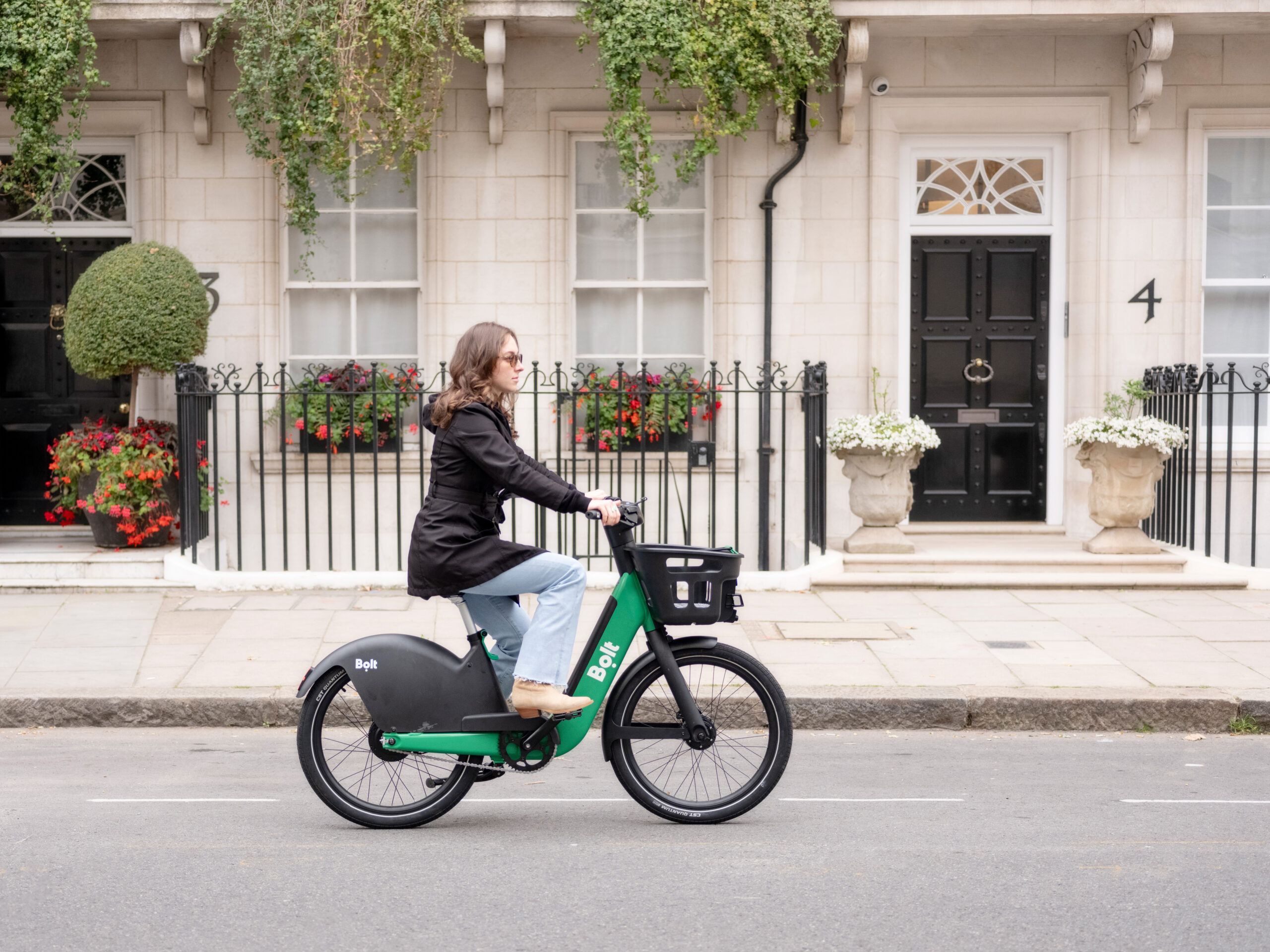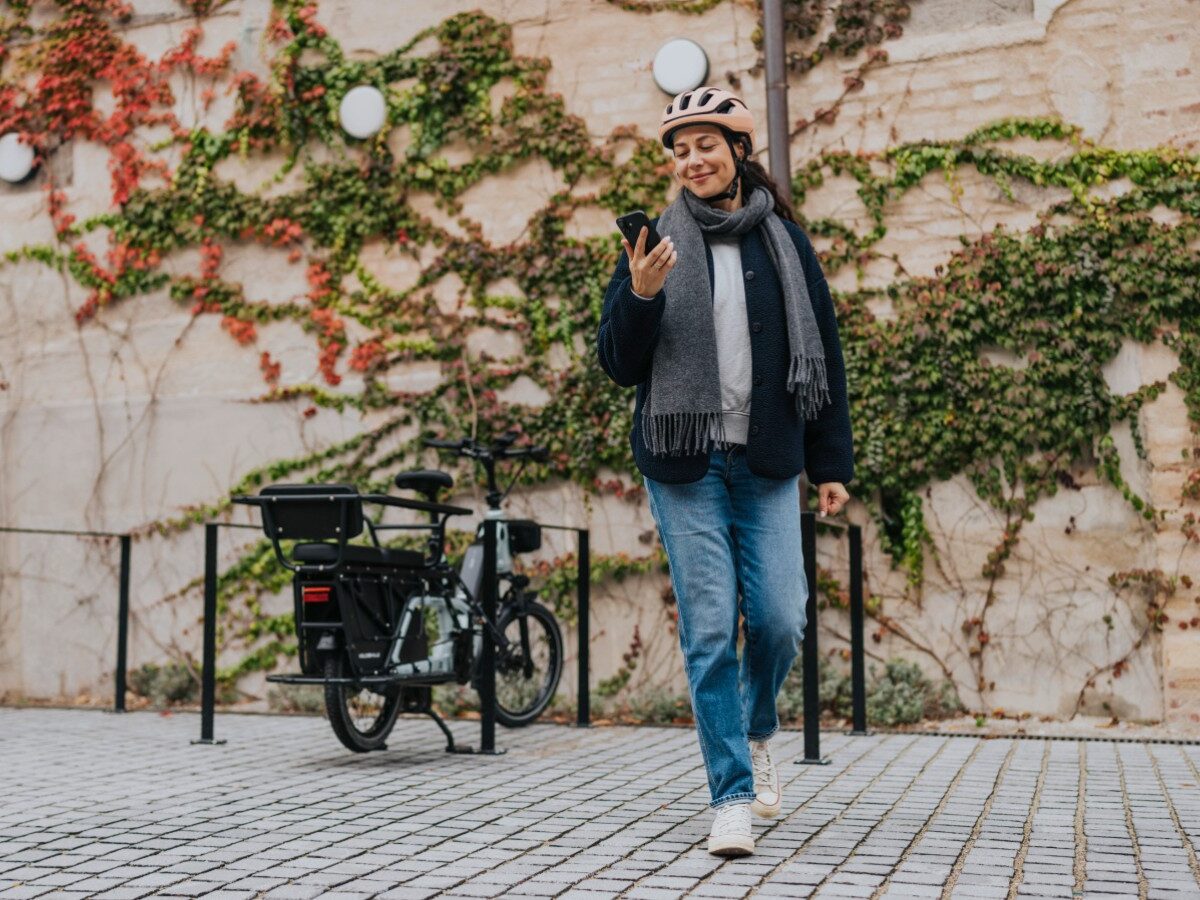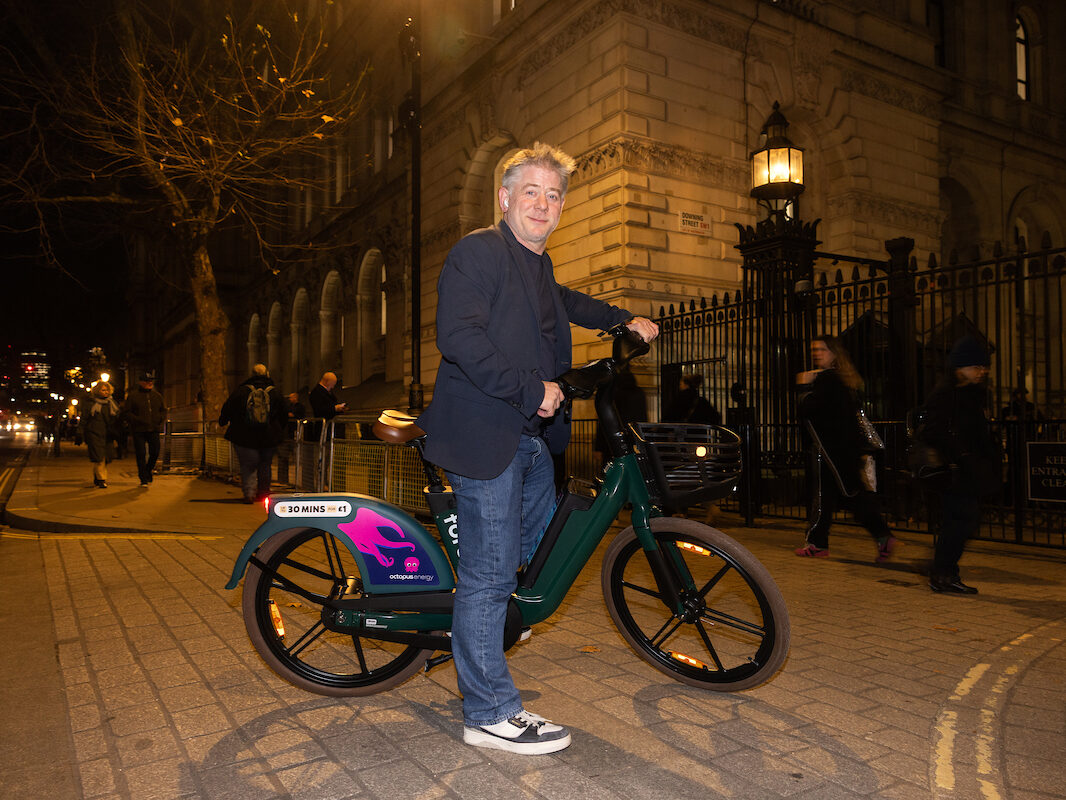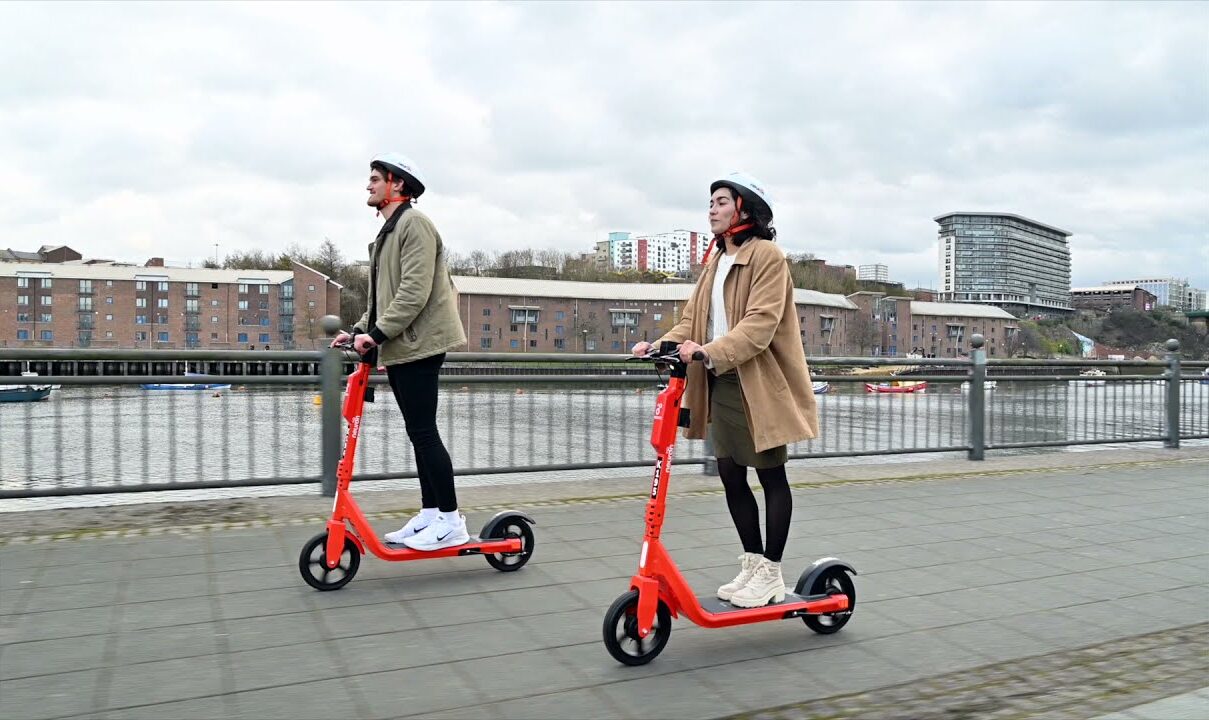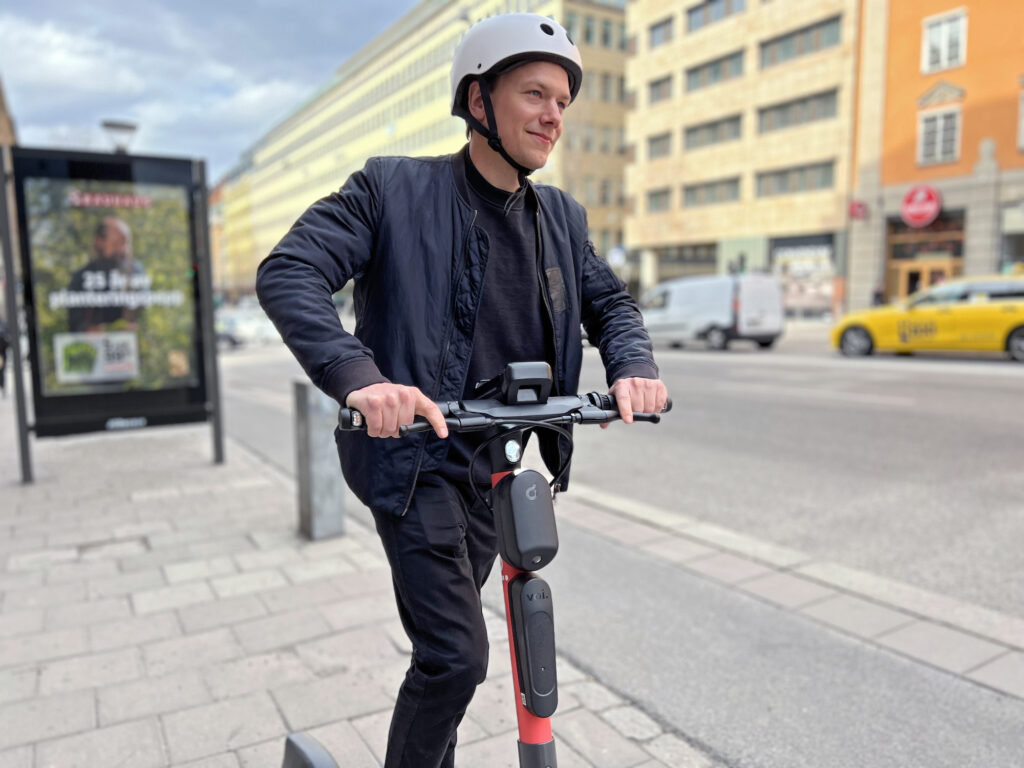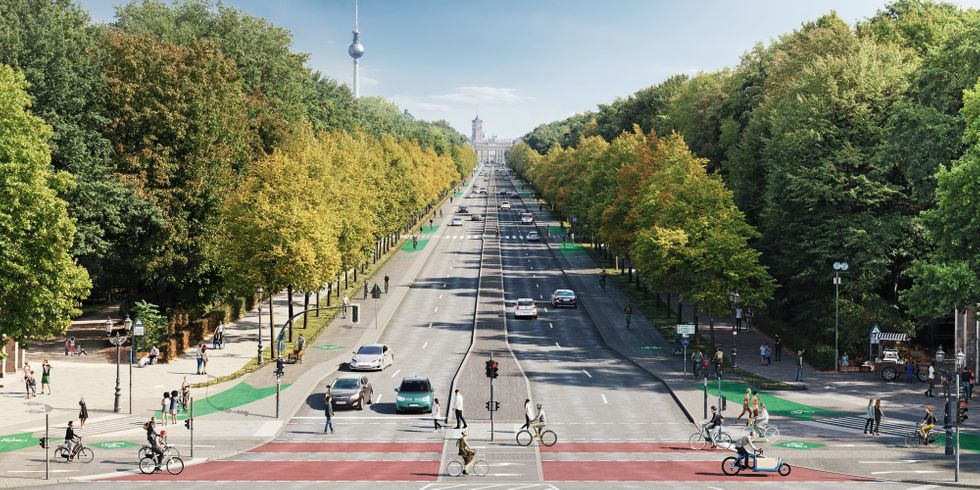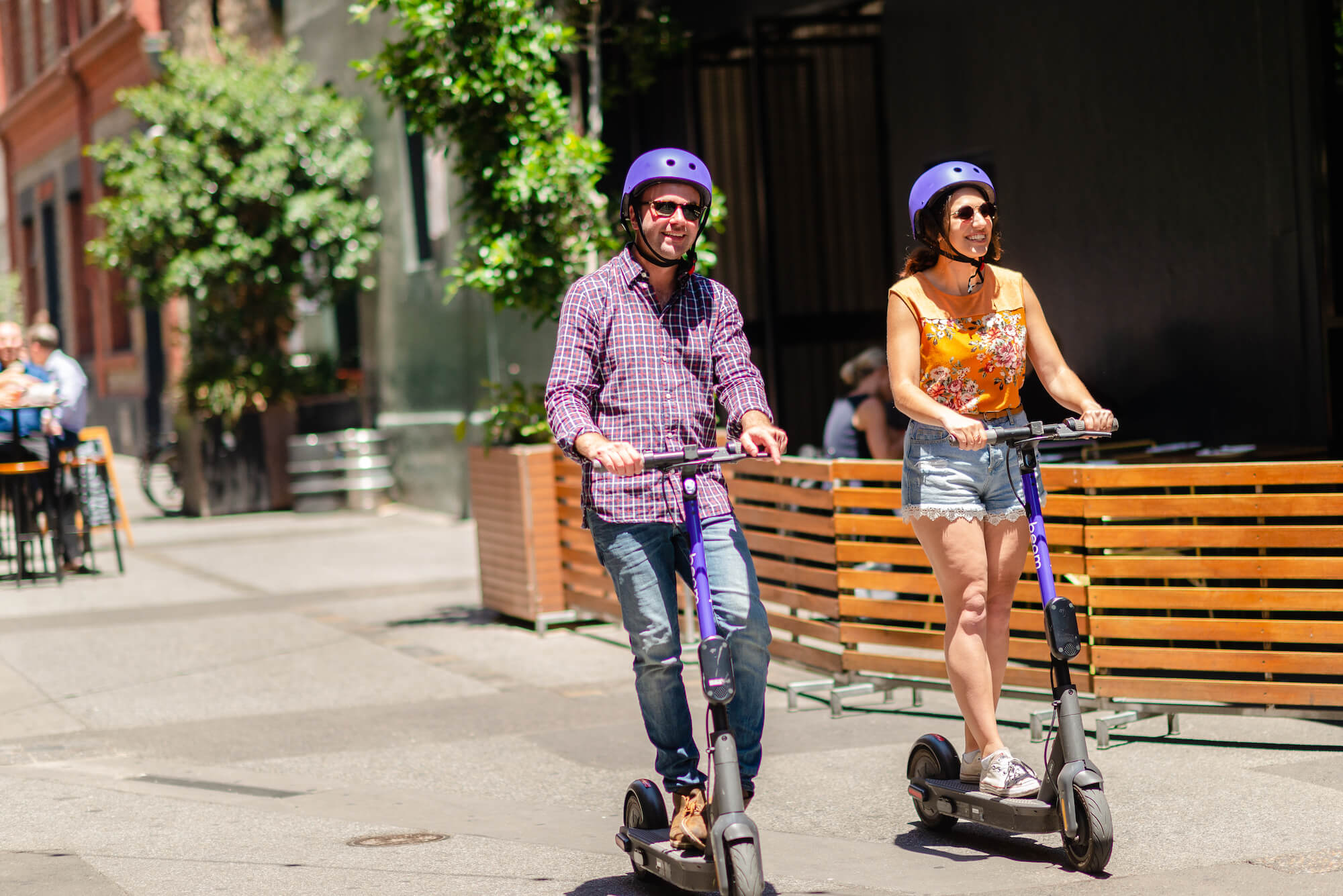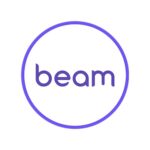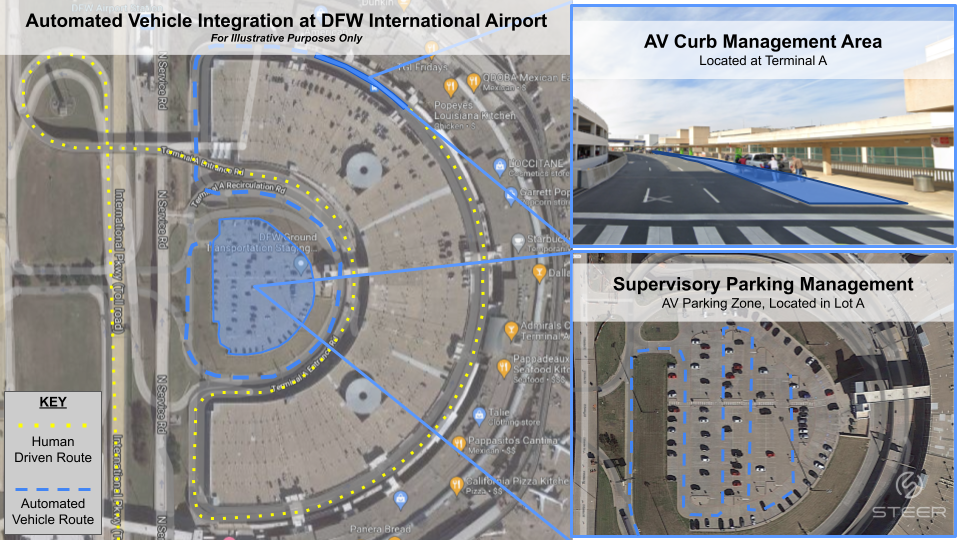Micromobility operators, Bird and Lime are collaborating with Google to pilot augmented reality (AR) technology that focusses on preventing e-bikes and e-scooters from being poorly parked.
Lime has been piloting the technology in London, Paris, Tel Aviv, Madrid, San Diego and Bordeaux, enabling e-bike and e-scooter riders to identify proper parking locations using the ARCore Geospatial API, which Google announced at this year’s I/O conference. This API allows developers to deploy AR experiences on top of Google Street View (currently available in 87 countries). It is through this API that Bird developed its Visual Parking System and Lime developed its Visual Positioning Service.
These use the API to identify a rider’s exact location after they scan their surroundings with their smartphone’s camera and sensors. This will help ensure micromobility vehicles are parked in safe locations.
Joe Kraus, President at Lime said:We strongly believe that sidewalks must be accessible to all and this partnership with Google shows promise in reducing misparked vehicles that might impede pedestrians and persons with disabilities. We know our riders feel more confident taking a Lime when they understand where and how to park correctly, and we’re excited to continue working with Google to improve this experience.
Likewise, Bird is piloting the technology in New York City, San Francisco, San Diego, Madrid, Bordeaux and Tel Aviv. More cities around the world will also be added in the near future.

Using the ARCore Geospatial API, Bird’s VPS compares a rider’s images with Google’s data and Street View images in real time. Stationary objects such as buildings and signs are used as reference points, while more dynamic objects like people and vehicles are disregarded.
This near-instantaneous process identifies a precise, centimetre-level geolocation that can accurately detect and prevent irresponsible parking.
Justin Balthrop, Chief Technology Officer at Bird said:The new ARCore Geospatial API from Google is an absolute game changer for micromobility that allows us to offer cities a first-of-its-kind Visual Parking System that’s unmatched in terms of accuracy and scalability. With Bird VPS, we’re able to meet cities’ number one need, proper parking, in a way that’s never been possible before, and we’re able to do it at scale in cities around the world thanks to Google’s robust global data and technology.

So far, results from the pilots are positive, demonstrating that the ARCore Geospatial API allows micromobility riders to improve the location accuracy of their parking compared to traditional GPS. Indeed, Lime’s results showed that riders using the new tool saw a 26 percent decrease in parking errors compared with riders who did not have it enabled.



